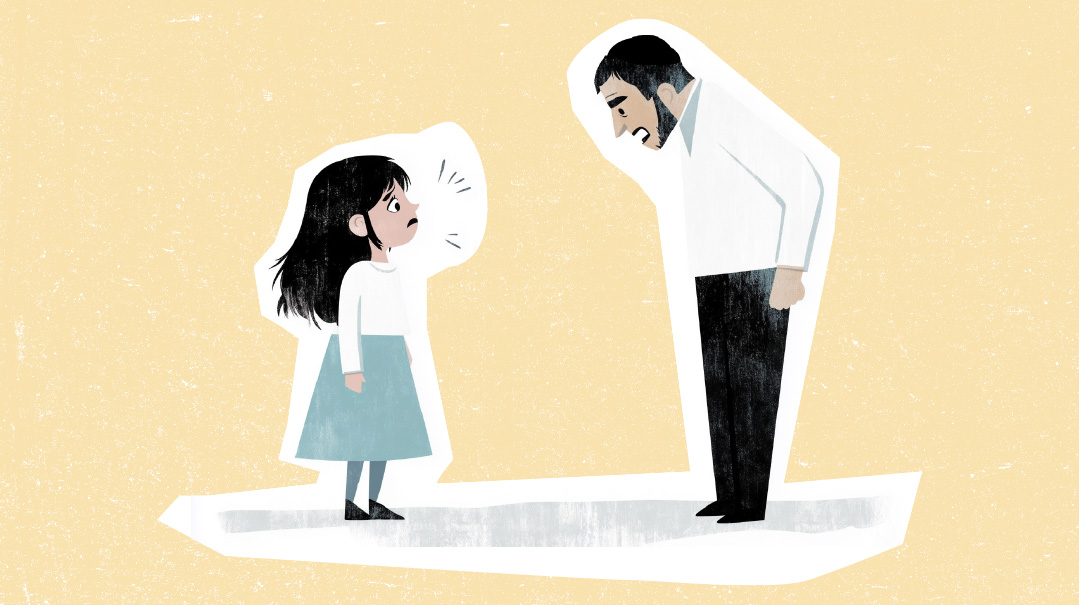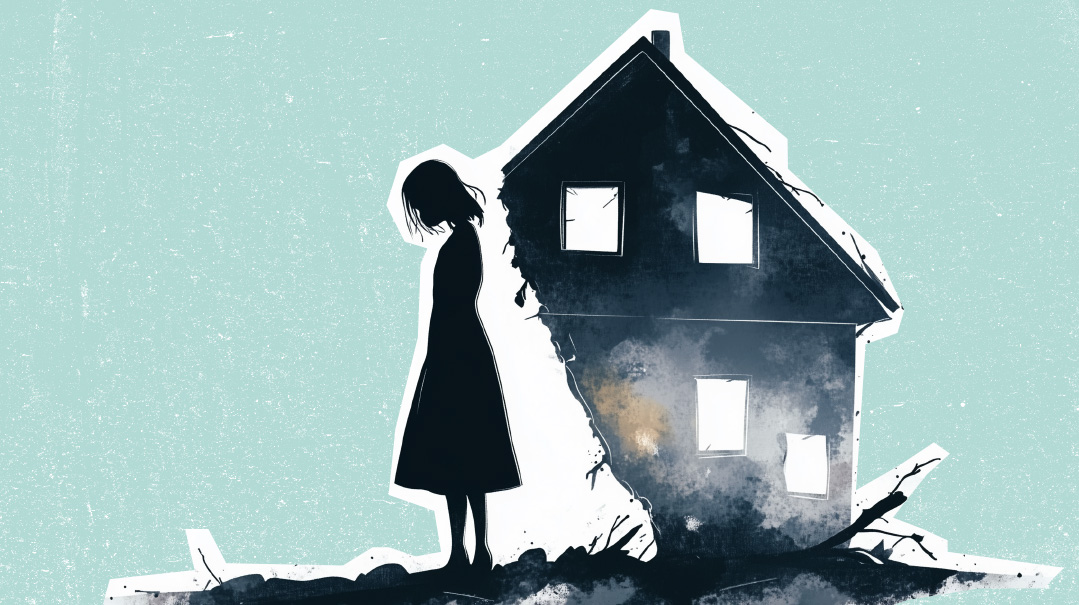“I Feel Like Therapy Is a Double-Edged Sword”

It’s completely understandable and appropriate to feel a void when therapy ends

Q
For several years, I was in therapy
with an excellent therapist. My “child part” was certainly active in session, but also took a front row seat between sessions, leaving me feeling utterly bereft when I wasn’t with my therapist. There were many times that I reached out to her between sessions and there were also times when we scheduled many appointments in a single week. I was totally “hooked.” I realize now that it’s so important to be aware of the therapy trap when discovering wounded inner parts: The client needs to be made aware that the functional adult self should continue to be present and not get sidelined to the back seat when it comes to real life.
In light of the above, I feel like therapy is a double-edged sword: On the one hand, even well after therapy has ended, I still “use” my therapist’s voice when I practice mindfulness and want to self-soothe, which could be seen as resourceful. On the other hand, doing this brings me a dose of grief because it reminds me that it’s no longer possible for me to actually be with my therapist (for technical reasons). I still very much crave the safety and presence that she gave me. While I understand that the goal of therapy is for the client to access new feelings of safety and compassion and direct these to herself through the act of self-nurturing, I believe that this aspect of healing may get lost in transit. Don’t most people still prefer the reassurance of their therapist’s presence to the lonely work of giving it to themselves? I certainly do. But if this is the case, then have I achieved anything with all that therapy? I would appreciate some clarity.
A
Missing your therapist doesn’t render your therapy experience useless. On the contrary, you’re likely to have benefitted from therapy in multiple ways. Typically, a therapy client acquires perspective, greater emotional equilibrium, insight, self-compassion, self-trust, symptom relief, stress relief, and resolution of long-standing emotional pain. In many therapies the client will also acquire a skill set to help manage stress, anxiety, mood, and behavior, allowing for long-term increased wellness and relapse prevention. Research shows that therapy clients have overall improved psychological and physical health with better relationships, less illness, and overall better functioning. I’m sure you got at least some of these benefits!
What everyone loses after leaving therapy is a devoted, caring, accepting, unconditionally supportive, just-for-you, one-way relationship — a relationship with an idealized mother-like person who is there for you, listening intently to your concerns for an hour at a time, seeing into your soul, holding and comforting your pain, cheering for your victories, accompanying you through challenges and difficulties, tending tenderly to your feelings, counseling you through turmoil and confusion, and doing all this and more while asking nothing from you in return (apart from money).
It’s a lot to lose because it’s pretty impossible to get this experience in any other human relationship. Other people don’t have the time or the skill to do this for you. They have their own needs and limitations. They demand reciprocity. They live messy, unreasonable, self-focused lives with plenty of their own issues and challenges. Real people aren’t therapists and therapists — while sitting in their office chairs — aren’t real people.
The therapeutic relationship is therapeutic — a one-of-a-kind healing experience gifted to us in our time from Hashem. Missing it doesn’t reflect on your well-being any more than missing a wonderful vacation indicates some sort of mental health deficit. It’s completely understandable and appropriate to feel a void when therapy ends. Although none of your relationships will replace your special therapeutic relationship, and your own self-compassion is a poor cousin to the deep, warm sympathy that your therapist provided, you will eventually adjust. All (healthy) grief lightens over time and makes space for new ways to meet old needs.
Hashem, Who provided your therapist, is, of course, the ultimate ever-present, fully understanding, intensely caring, all-seeing companion to your soul and is even, unlike your therapist, an All-Powerful Force Who not only is able to hear your cries but is also able to act on your behalf. You’re not alone, have never been alone, and will never be alone. And if you know that already but feel an intense need to hear an actual voice answer you back when you pour out your heart, then simply listen. If you really listen, you’ll hear Hashem respond with a wisdom, depth, power, and love that will far surpass anything that a human therapist could provide. Tuning into this Voice will help heal your loss far more quickly.
(Originally featured in Family First, Issue 911)
Oops! We could not locate your form.





